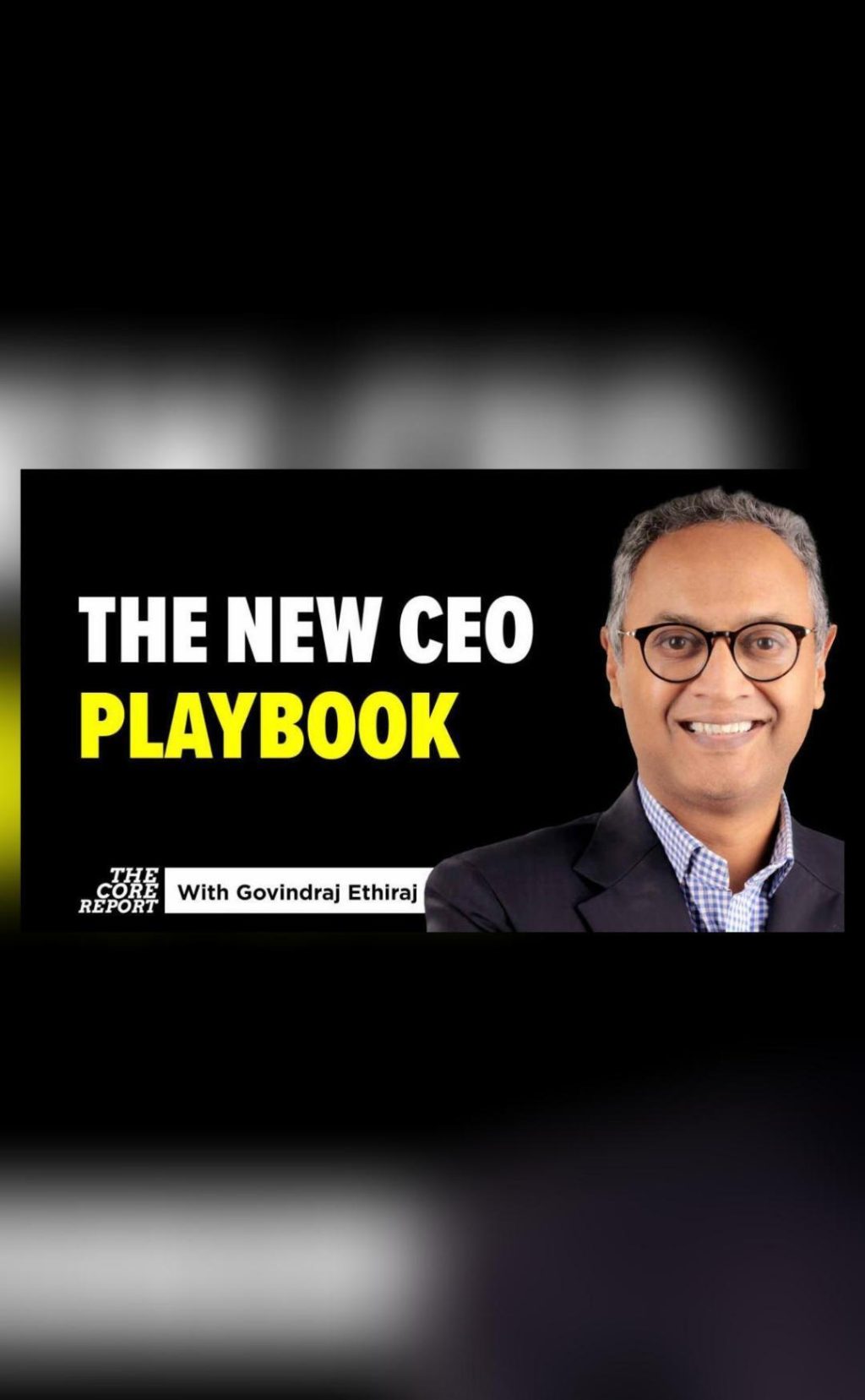
The New CEO Playbook: AI Pressures & Global Tariff Shocks
As the world becomes increasingly interconnected, global CEOs are facing unprecedented challenges. The rapid advancement of Artificial Intelligence (AI) is reshaping industries, while shifting trade policies and tariffs are disrupting global trade. In this new landscape, business leaders must rethink their strategy, operations, and even their long-held business models.
In a recent interview, a prominent CEO shared his concerns about the future of his company. “The pace of change is unprecedented. We’re under pressure to automate and innovate, but at the same time, we’re facing external forces that are beyond our control. It’s a perfect storm, and we need to adapt quickly to survive.” (1)
Internal Pressures: The AI Imperative
The rise of AI has created a sense of urgency among CEOs. With automation and digitalization transforming industries, companies must invest in AI to remain competitive. A recent survey by PwC found that 77% of CEOs believe AI will revolutionize their industry, but only 19% are confident in their ability to execute AI strategies. (2)
To stay ahead of the curve, CEOs are focusing on internal innovation, investing in AI-powered solutions to streamline operations, enhance customer experiences, and generate new revenue streams. However, this requires significant cultural and organizational changes, as well as a willingness to disrupt traditional business models.
External Pressures: Tariff Shocks and Trade Wars
The Trump administration’s tariffs on steel and aluminum imports have sparked a global trade war, with countries retaliating with their own tariffs on US goods. This trade uncertainty has created a perfect storm for CEOs, who must navigate complex supply chains, manage inventory, and adapt to shifting demand patterns.
A recent report by the World Bank found that trade tensions have increased global uncertainty, leading to a decline in trade volumes and a rise in protectionism. (3) For CEOs, this means reevaluating supply chain strategies, diversifying sourcing, and investing in logistics and transportation to mitigate the impact of tariffs.
The New CEO Playbook
In this new landscape, CEOs must be agile, adaptable, and willing to take calculated risks. Here are some key takeaways from the new CEO playbook:
- Localize and Diversify: As trade policies shift, CEOs must localize their operations and diversify their supply chains to minimize exposure to tariffs and trade disruptions.
- Invest in AI and Digitalization: Automation and digitalization are key to staying competitive in the AI era. CEOs must prioritize internal innovation and invest in AI-powered solutions to drive growth and efficiency.
- Rethink Business Models: The rise of AI and trade uncertainty demands a reevaluation of long-held business models. CEOs must be willing to disrupt traditional operations and adopt new strategies to remain competitive.
- Foster a Culture of Adaptation: In a fast-changing world, CEOs must foster a culture of adaptation, encouraging innovation, experimentation, and continuous learning within their organizations.
- Monitor Global Trends: Staying ahead of the curve requires CEOs to monitor global trends, staying informed about shifting trade policies, AI advancements, and emerging technologies.
Conclusion
The new CEO playbook is all about adaptability, innovation, and resilience in the face of unprecedented challenges. As AI reshapes industries and tariff shocks disrupt trade, business leaders must rethink their strategy, operations, and even their long-held business models.
In a recent interview, a CEO shared his vision for the future: “We’re not just competing against other companies; we’re competing against the pace of change itself. To succeed, we need to be agile, innovative, and willing to take calculated risks. That’s the new CEO playbook.” (1)
References
News Source
- “The New CEO Playbook: AI Pressures & Global Tariff Shocks” is based on a recent interview with a prominent CEO and research from PwC, the World Bank, and other reputable sources.
Watch the full interview here: https://youtu.be/0osLVVtj7tY






